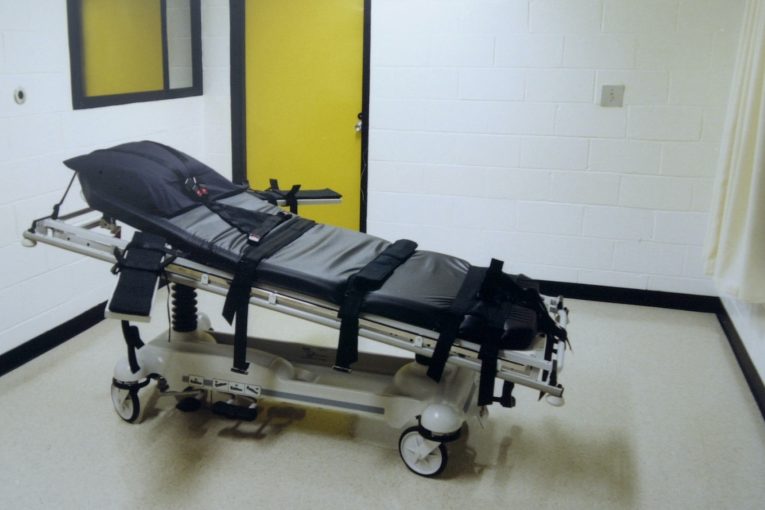
 By Catherine Potente
By Catherine Potente
PHOENIX, AZ – Attorneys have filed a Motion to Determine Mental Competency for Clarence Dixon, who has been previously determined as mentally incompetent and legally insane in Arizona court, and is now awaiting a May execution.
The pleading notes Dixon is a 66-year-old legally blind man of Native American descent who has documented history showing he is not mentally competent for execution.
Lawyers argue Dixon’s history includes paranoid schizophrenia, which causes hallucinations in auditory and visual forms along with delusional thinking—this mental illness has hindered Dixon’s ability to rationally understand the reasons for his execution.
Dixon has struggled with mental illness for a long time and was forced to withdraw as a student at Arizona State University during the time of the crime. 
Dixon’s attorneys filed the motion stating Dixon’s May 11, 2022, execution would violate Arizona law and the Eighth Amendment, explaining Dixon’s visual, auditory, and tactile hallucinations have been incessant, which according to Dr. Amezcua-Patino, impedes on his ability to understand the meaning of his punishment, therefore making it difficult for him to form a rational understanding of his death sentence.
In the motion, Dixon’s attorneys argued, “Arizona’s standard for adjudicating an individual’s competency to be executed conflicts with the federal constitutional standard” by “narrow[ing] review to a prisoner’s awareness of the crime for which he is to be punished and of the impending punishment of death.”
The motion states that two court-appointed psychiatrists found Dixon incompetent following charges in an unrelated assault case. One psychiatrist claimed Dixon presented symptoms of schizophrenia, making him unable to aid in the preparation of his defense.
Following the psychiatrist’s observation, then-Maricopa County Superior Court Judge Sandra Day O’Connor found Dixon Not Guilty by Reason of Insanity.
Then-Judge O’ Connor also ordered the State to begin civil commitment proceedings, but Maricopa County Attorney’s Office did not follow the order, causing Dixon to be released into the community without supervision or mental health treatment and services.
The crime Dixon is being accused of occurred two days later.
According to an expert in forensic psychiatry, Dixon’s “capacity to understand the rationality of his execution is contaminated by the schizophrenic process which results in his deluded thinking about the law, the judicial system, his own lawyers, and his ultimate execution[.]”
Neuropsychologist John Toma, Ph.D., added that Dixon suffers from “mood, thought and perceptual disturbances” and there were “significant cognitive [brain] impairments noted from his neuropsychological test scores.”
Additional neuropsychological tests showed an indication of possible brain damage, while neuroimaging showed evidence of brain abnormalities, the Dixon pleading asserted.
